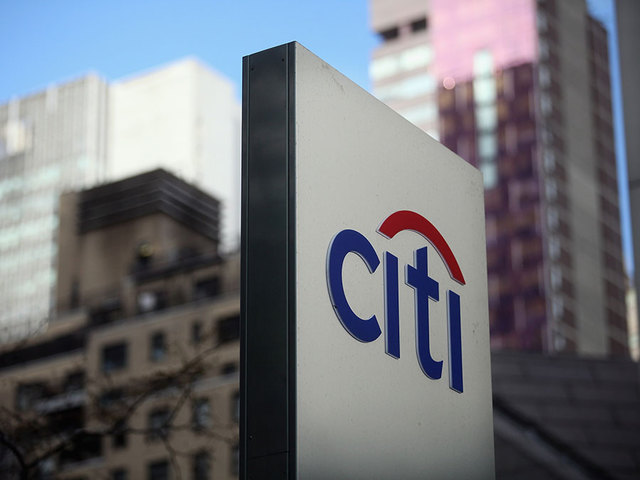-
Tips for becoming a good boxer - November 6, 2020
-
7 expert tips for making your hens night a memorable one - November 6, 2020
-
5 reasons to host your Christmas party on a cruise boat - November 6, 2020
-
What to do when you’re charged with a crime - November 6, 2020
-
Should you get one or multiple dogs? Here’s all you need to know - November 3, 2020
-
A Guide: How to Build Your Very Own Magic Mirror - February 14, 2019
-
Our Top Inspirational Baseball Stars - November 24, 2018
-
Five Tech Tools That Will Help You Turn Your Blog into a Business - November 24, 2018
-
How to Indulge on Vacation without Expanding Your Waist - November 9, 2018
-
5 Strategies for Businesses to Appeal to Today’s Increasingly Mobile-Crazed Customers - November 9, 2018
Citi to refund $700 million for deceptive card practices
Citibank has agreed to pay $700 million to consumers who were hurt by deceptive and illegal credit card practices, plus $70 million in fines, regulators said on Tuesday.
Advertisement
The bank said today it had been penalised by the US Office of the Comptroller of the Currency (OCC) and the Consumer Financial Protection Bureau (CFPB) over billing and marketing practices related to credit card add-on products, including credit monitoring and debt protection products, alongside wallet protection services. “This is the tenth action we’ve taken against companies in this space for deceiving consumers”.
Lenders ramped up sales of add-on products, in particular services that promise to monitor consumers’ credit reports for signs of identity theft or other fraudulent actions, in the wake of the recession as consumers became more concerned about their credit standing.
Last year, the CFPB ordered Bank of America to pay $727 million in customer relief and $20 million in a penalty for similar practices.
Citigroup, which had previously disclosed the investigation, said it has already been refunding affected customers since 2013.
The $700 million in customer relief paid by Citi includes approximately $479 million for an estimated 4.8 million consumer accounts harmed by the deceptive marketing or retention practices. “Affected customers will automatically receive a statement credit or check, and those no longer with Citi who are eligible will be mailed a check”.
In addition, Department Stores National Bank, a Citibank subsidiary, must provide about $23.8 million in consumer relief to about 1.8 million consumers for charging expedited payment fees on delinquent accounts.
“Citi is fully reserved for costs associated with the agreements”, the bank said in a statement. In other instances, Citibank failed to inform consumers that they would be billed after the 30-day trial period if they did not cancel the product.
These practices went on from January 2009 to October 2012. In fact, the credit-monitoring product only provided alerts to changes in a consumer’s credit file maintained by major reporting companies, not at the transaction level.
Advertisement
The service were marketed through a variety of deceptive methods, including telemarketing calls, online enrollment, “point-of-sale” application and enrollment at retailers, or when enrolled consumers later called tocancel certain products, the CFPB said. That company used leading questions to obtain billing authorizations from consumers for certain add-on products.





























